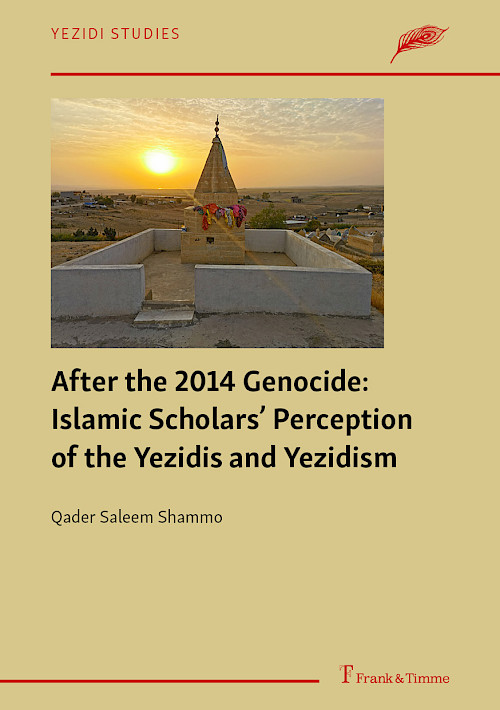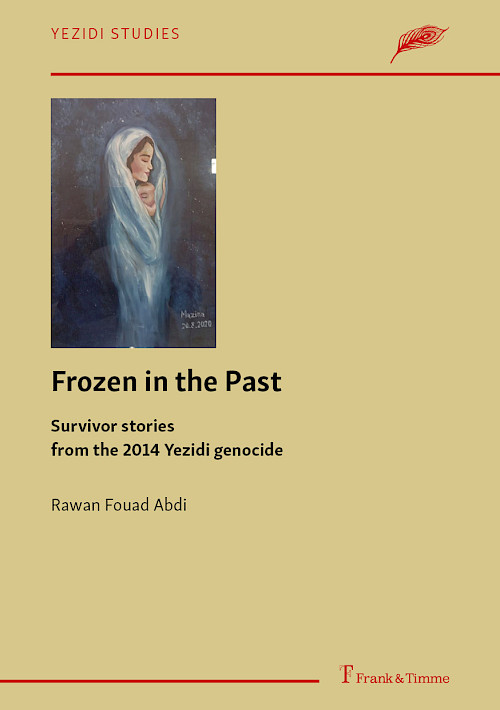Contents
Ezidi people (Yezidi/Yazidi) and their culture suffered greatly at the hands of Daesh before, during, and after the 2014 Sinjar (Shingal) Genocide. Since the resulting forced migration, the Ezidi community as one of the most marginalised societies in the Middle East has undergone a significant amount of society-wide transformation. New avenues for agency have opened, and Shingali Ezidi women have taken these opportunities to express transformed identities, filling spaces previously unavailable, and altering “traditional” gender roles. This first extensive ethnographic work ever conducted with Ezidi women examines origins and developments of transformations in their female identity and agency. The analysis of their expressions and performances is particularly notable because of the subaltern position under numerous layers of minority, e.g. ethnicity, geography, religion, politics, culture, language, as well as gender. The aim of this study is to investigate the utilisation of subaltern identity to actualise agency among women after genocide.




